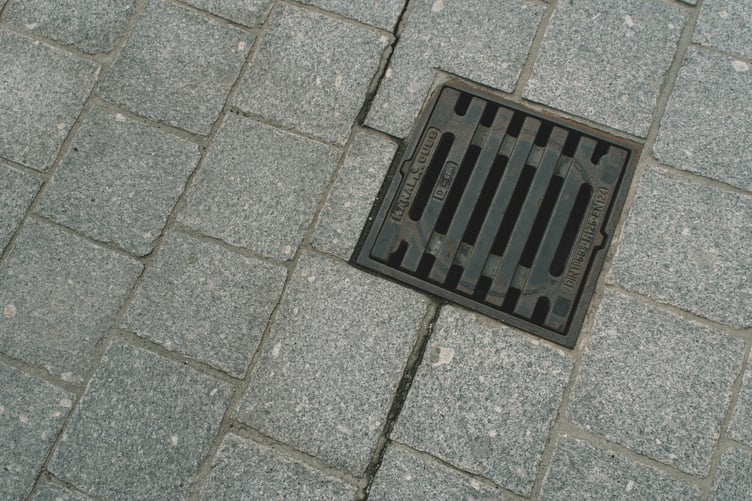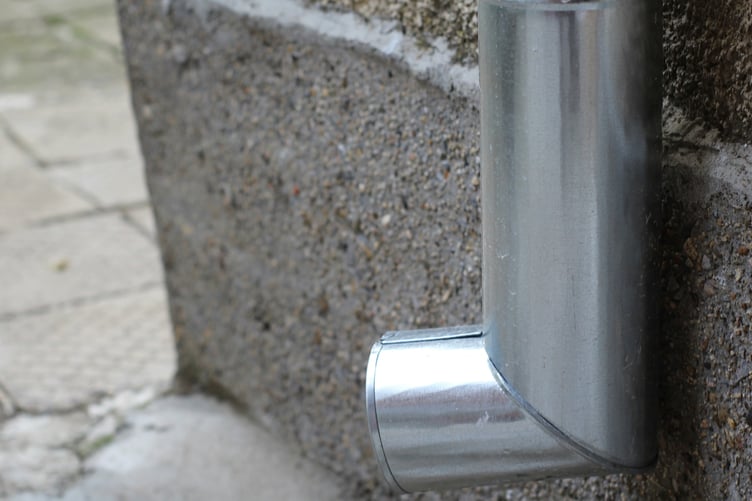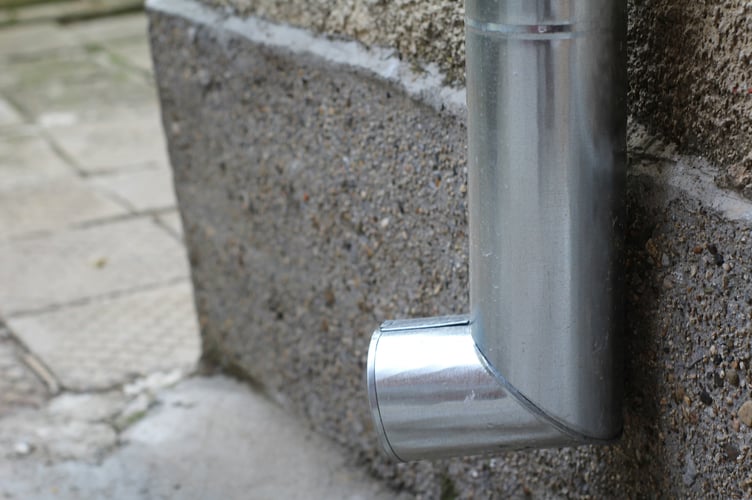Looking after your household can be a tedious task, but with some planning ahead, you can save yourself work in the future.
While it can be tempting to wait and deal with autumn and winter problems like blocked gutters and leaky roofs once they pop up, taking a proactive approach this season means you can avoid having to fork out for emergency repairs in the future.
Charlie McNeill, managing director at Rainclear Systems, shared the home maintenance tasks you should do this summer to keep your home future-proofed and fresh.
1. Maintain your drains

Keeping a well-maintained home drainage system significantly reduces the chances of flooding. Your outdoor drains – the ones you might find in your garden or driveway – are an integral part of this system, particularly during heavy summer downpours.
To maintain your drains, start by removing any obvious debris, such as leaves and twigs, from the drain gate and surroundings. Wear outdoor gloves whilst doing this, if you have them. Afterwards, give it a good hose down, directly into the drain, to remove any remaining buildup.
If you notice any blockages, clogs or standing water around the drain once it’s thoroughly cleaned, it’s a good idea to call a professional to remedy the issue and prevent future damage.
2. Check your roof

If roof problems go left unnoticed, they only become more costly and inconvenient to fix as time goes on. Therefore, carrying out a thorough roof check-up every year (or hiring someone else to do it for you) is time (or money) well spent.
If you plan to inspect the roof yourself, the most important thing is to ensure you have a stable ladder and someone to act as a spotter. It’s best to choose a calm and dry day to do this, making spring or summer the perfect time to schedule in your annual inspection.
Once you’re up safely, you’ll want to check for loose or damaged tiles, as these can eventually lead to a leak in your roof. If you spot any, hire a professional to replace them. Check for moss growth, too. Moss traps moisture, which can damage your tiles over time. If you do find moss, you can purchase spray-on moss removal treatments designed for roofs.
3. Clean out your gutters

Moss from the roof, fallen leaves and other debris can easily build up in your gutters over the autumn and winter. While it’s easy to ignore your gutters entirely, letting them become clogged can cause costly problems in the long term, including structural damage to your home, dampness and mould.
Keeping your gutters clear is simple. Aim to clean them at least once a year – spring being the ideal time – or more often if you have lots of trees nearby. Safely climb a ladder, with a spotter, and remove any leaves, debris, or gunk with a scoop or trowel. Finally, use a hose to flush out any remaining dirt and ensure smooth water flow.
While it’s still important to check your gutters regularly, installing gutter guards is a great way to stop leaves from getting into your gutters and causing major blockages.
4. Trim down trees & shrubs

You might think that overgrown trees are simply an eyesore, but they can also be problematic.
If trees hang over your gutters, excessive fallen leaves can lead to gutters becoming clogged more frequently. On top of this, long branches are a hazard during storms. Worse still, if the roots of a tree push up against the foundation of your property long-term, it could cause cracks.
Generally speaking, you can use a sharp pair of shears to cut branches back. Aim to cut around 0.5cm (¼in) above a healthy bud, pair of buds or side shoot, at a slight angle. However, different trees and plants have different pruning techniques, so doing some research beforehand is recommended.
5. Spruce up windows

Over time, windows can easily accumulate dirt, dust, grime, streaks and smudges – but with the weather on your side, spring and summer make a great time for a thorough clean.
Fill up a bucket with warm water and a light squirt of washing-up liquid. You could also use white vinegar – a few tablespoons mixed into the water should do the trick.
Using a sponge, give the entire window, including the panes and frames, a good scrub. Afterwards, you’ll need to rinse them down with plain water and, lastly, buff dry with a clean, lint-free, microfibre cloth.
Wondering how to clean hard-to-reach areas, such as skylight/lantern windows? The cleaning process is the same, but you’ll need to climb a ladder up to the window. Make sure you’re confident and capable of doing so, and always have a spotter on hand.
If you need to clean your skylights from the outside, it’s typically best to consult a professional, as cleaning outside, at height, isn’t an easy or safe job.
6. Get pressure washing
Whether you own one or will need to hire one, pressure washers are a highly effective way to clean the exterior of your home. The powerful force of water from a pressure washer helps to remove stubborn dirt and grime with minimal effort.
Once you get your hands on one, you could start by pressure washing your driveway, walkways, patio and exterior walls. You’ll be surprised at how much these areas lighten in colour once the build-up of dirt is removed.
But don’t forget the smaller details. You can even pressure wash your fascia boards, soffits and gutters for a really deep clean. However, make sure to use a low-pressure nozzle and keep the spray angled to avoid chipping or damaging materials.




Comments
This article has no comments yet. Be the first to leave a comment.